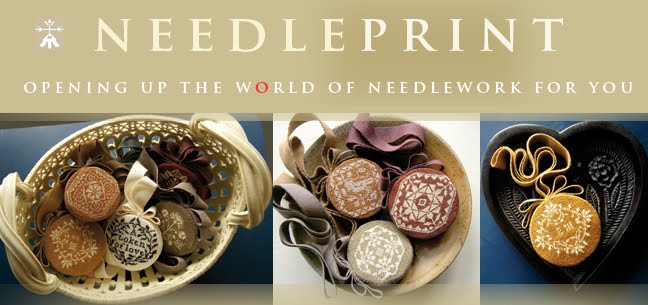The motif often occurs on Scottish samplers and is thought to signify a union. On Dutch samplers it signifies more specifically a betrothal or marriage. And one would theorize that it represents the union of two people or, perhaps more importantly, two families or two nations.
I had not appreciated until recently when I returned to look at some of my early history and anthropology books that this symbol has very ancient origins.
What the Romans called hospitium dates from much earlier times in the landmass we now call Spain and Portugal. Above you can see how reciprocal hospitality between two communities was formally recorded in pre Roman times on inscribed tablets exchanged between participants from Botorrita, Zaragoza. And to return to the first example again - a later Roman example (below) you can see the inscription on the reverse of the hands which reads: A Token of Hospitality with P. Turullio.
To share our 10th anniversary celebrations with you, we are offering throughout the month of March 2014 a Free Goodhart Samplers Book or a Free Feller Needlework Collection Volume 1 with every copy of The Feller Needlework Collection Volume 2. You can take advantage of this special offer today. It comes with all our kindest wishes in this our last year before retirement.








No comments:
Post a Comment